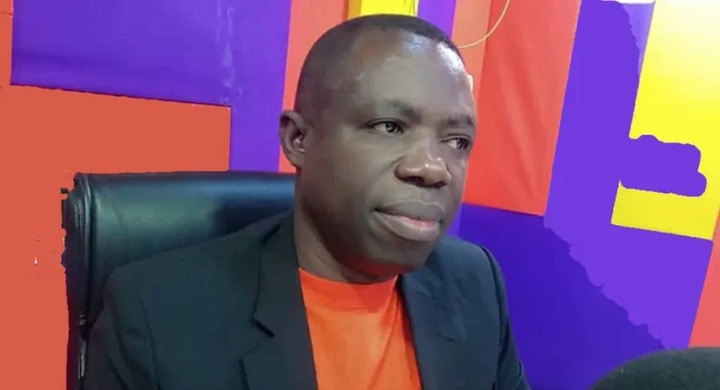Daniel Kwesi Ashiamah, Acting Executive Director of the Complementary Education Agency and former Member of Parliament for Buem Constituency, has launched a sharp critique of the New Patriotic Party’s economic stewardship, characterizing the period as one of severe hardship that rendered basic living standards unaffordable for ordinary Ghanaians.
Speaking in recent remarks, Ashiamah claimed that during the NPP’s tenure, many families found themselves unable to afford even two square meals daily. He attributed this hardship to what he described as poor economic management by the Akufo-Addo administration, pointing to rising costs of living, elevated inflation, and persistent youth unemployment as contributing factors.
“During the NPP’s tenure, ordinary Ghanaians couldn’t even eat two square meals a day. That tells you how badly things were managed,” Ashiamah said, characterizing the experience as unprecedented for the nation.
The claims reflect familiar themes in Ghana’s ongoing political debate about economic management. The NDC and its officials have consistently attributed recent hardship to NPP policies, while the NPP argues it inherited severe economic challenges and made meaningful progress during its first three years before external shocks disrupted recovery.
The economic data presents a complex picture. When the NPP assumed office in January 2017, Ghana faced high inflation of 15.4 percent and elevated unemployment. The government’s initial years showed progress, with inflation falling to 7.9 percent by the end of 2019 and GDP growth reaching 8.7 percent in 2017. However, the COVID-19 pandemic disrupted this trajectory. By December 2022, inflation had surged to 54.1 percent, the highest level in 21 years, forcing Ghana to return to the International Monetary Fund for a bailout program. This deterioration in economic conditions during 2022 and 2023 fueled public discontent that contributed to the NPP’s electoral defeat in December 2024.
Ashiamah urged the current NDC administration under President John Dramani Mahama to prioritize policies addressing household welfare and employment creation. He stressed the need for sustainable job development and economic stabilization to restore citizen confidence and address the accumulated frustrations from the prior administration’s final years.
The cost of living crisis was genuinely felt across Ghana’s households during this period, though economists point to multiple causative factors beyond government policy. These included the Ukraine war’s impact on global energy prices, currency depreciation, and the lingering effects of the pandemic. The government’s expansionary spending during the pandemic, combined with declining commodity prices and limited fiscal space, created conditions for the inflation spike that dominance the 2022 to 2023 period.
Ashiamah’s remarks reflect the broader NDC narrative that has dominated discourse since the January 2025 government transition. The party argues that systematic reform of economic fundamentals, coupled with targeted support for vulnerable households, represents the path forward. The current administration has already begun implementing policies including the suspension of existing levies on basic commodities and expanded social protection programmes.
The reality of Ghana’s economic challenges during the final NPP years is largely undisputed across political lines. Inflation exceeded levels experienced in two decades, unemployment remained persistent despite overall GDP growth, and household purchasing power deteriorated significantly. What remains contested is the appropriate attribution of responsibility and the relative contribution of external versus policy-driven factors to this deterioration.
